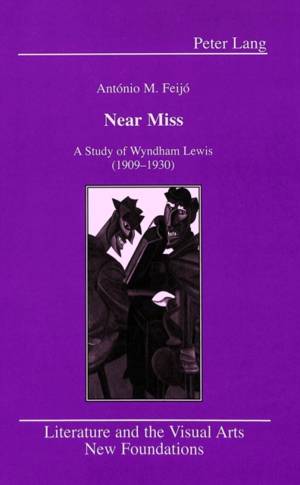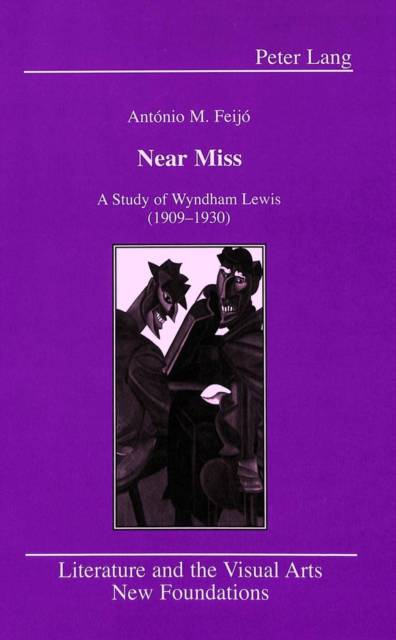
- Afhalen na 1 uur in een winkel met voorraad
- Gratis thuislevering in België vanaf € 30
- Ruim aanbod met 7 miljoen producten
- Afhalen na 1 uur in een winkel met voorraad
- Gratis thuislevering in België vanaf € 30
- Ruim aanbod met 7 miljoen producten
Zoeken
€ 58,95
+ 117 punten
Omschrijving
The pictorial and literary works of Wyndham Lewis (1882-1957) are among the great Modernist achievements. From 1918 to 1926 Lewis wrote an unusually large work to be called The Man of the World. Expediency and the vagaries of the trade forced this intended omnibus volume to be published seriatim, under broad, canny titles: The Art of Being Ruled (1926), The Lion and the Fox (1927), and Time and Western Man (1927). A few fictional breakthroughs brought the decade to a close: in 1928. Lewis published both The Childermass and a revised version of Tarr, and in 1930 a complex roman à clef, The Apes of God. The subject of this book, this difficult corpus is ruled by a negative reading of the Horatian injunction that poetry emulate painting; by a Nietzschean description of literature as the domain of a vexing 'blind ear' whose performative inception is a function of exuberance; by a deliberate perspectivism; by a remarkable political prescience (in the 1920s Lewis identified feminism and homosexuality as the two dominant political issues of the century, and exposed a rationale for this double emergence); and by a series of unevenly controlled self-revelations, epitomized in Lewis's characterization of Arghol, a crucial elective persona, as «herculean Venus.» Inherent to any male quest-romance, the latter description condenses Modernism's nuclear, self-endearing plot.
Specificaties
Betrokkenen
- Auteur(s):
- Uitgeverij:
Inhoud
- Aantal bladzijden:
- 217
- Taal:
- Engels
- Reeks:
- Reeksnummer:
- nr. 11
Eigenschappen
- Productcode (EAN):
- 9780820436814
- Verschijningsdatum:
- 1/04/1998
- Uitvoering:
- Hardcover
- Formaat:
- Genaaid
- Afmetingen:
- 160 mm x 230 mm
- Gewicht:
- 509 g

Alleen bij Standaard Boekhandel
+ 117 punten op je klantenkaart van Standaard Boekhandel
Beoordelingen
We publiceren alleen reviews die voldoen aan de voorwaarden voor reviews. Bekijk onze voorwaarden voor reviews.











